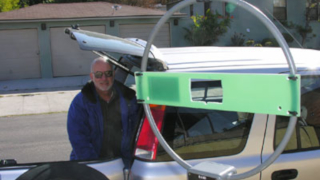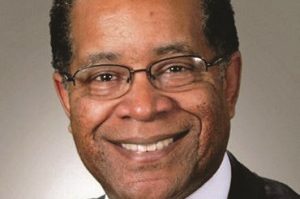We applaud the recent decision by Clear Channel Communications to restrict the analog bandwidth to 5 kHz on all of its AM stations. It is time to admit this is a good thing for our oldest broadcast service.
The most important benefit of the change will be an immediate and noticeable reduction in the amount of first-adjacent-channel interference on the AM band. Any listener to the AM band has heard this chattering noise with its strange, flanging sound. Given the current number of AM station allocations it is impossible to overcome what is a physical reality: that modulation at greater than 5 kHz is landing on top of the next station on the dial. No amount of receiver sophistication can compensate for this. While well meant, the effort to use high-frequency pre-emphasis to reduce the noise in receivers, per the NRSC standard, has only made this situation worse.
Receiver manufacturers long ago accepted this limitation and have made 5 kHz of audio bandwidth a de facto standard, or even less. The vast majority of listeners are not able to listen to anything better than this and will not notice this change at Clear Channel.
Indeed, many savvy broadcast engineers have been using reduced bandwidth for years, taking advantage of the additional loudness that can be gained. By not wasting signal energy that can’t be heard, AM stations can increase their coverage area and improve their chance at overcoming the high levels of man-made noise that create damaging interference.
Some opponents of this move complain that by making the change Clear Channel is somehow unfairly influencing the broadcast industry. The heart of this argument comes back to opposition to the IBOC AM digital system, which also requires that AM stations reduce bandwidth to 5 kHz. This misses the point. The beneficiaries of a reduced AM bandwidth are today’s analog listeners, and the large number of competing stations that will no longer experience this interference. That Clear Channel has decided to make this move unilaterally is a step in the right direction, one we hope that other stations will begin to follow.
— Radio World











